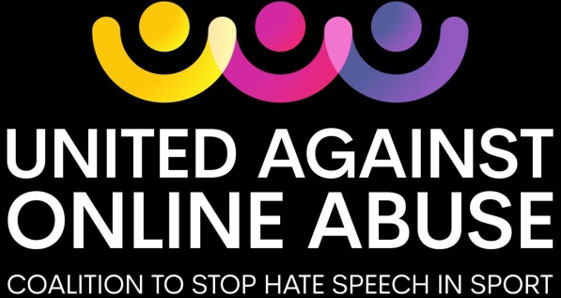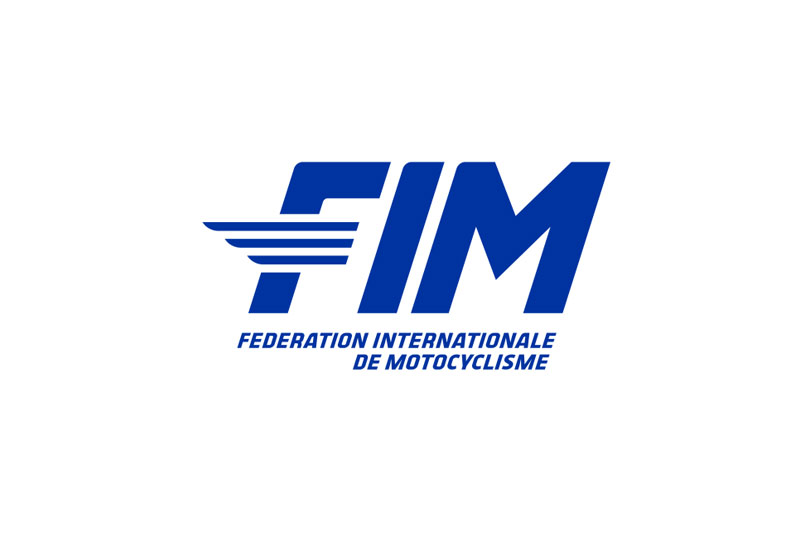This is not a phenomenon specific to motorcycle racing, far from it, but a large number of
Countryside " United Against Online Abuse » publishes the results of the very first sector-wide barometer. The survey takes into account the views of global sports federations including FIFA, World Athletics, UCI, ITF, World Netball, the FIM and the FIA for motor sports.
– 75% of those questioned in the survey stated that competitors are regularly subject to threats of violence against them or their families.
– 66% of federations believe that social media platforms should do more to combat online abuse, and 90% of them fear that this problem could encourage stars to leave the sport.
The responses clearly show that the social media environment is difficult and aggressive. Respondents also outlined their solutions, with 95% believing that social media platforms have a key role to play in solving the problem, whether voluntarily or mandatorily.
The statistics follow a series of high-profile cases of online abuse, including against former England midfielder Eni Aluko, world number eight tennis player Daria Kasatkina, Chelsea forward Lauren James and the referee of Rugby World Cup Wayne Barnes, who recently retired. In fact, one of the main triggers for the FIA's launch of the AUOA was the abuse suffered by a female FIA commissioner from Spain during the 2022 Mexican Grand Prix.
Even if we still find a number of insulting comments on social networks, the motorcycle seems less affected by this phenomenon, after having experienced a peak of aggression in 2015, largely thanks to the good atmosphere which now reigns between the pilots .
Mohammed Ben Sulayem, founding partner of the AUOA and president of the FIA, said: « Online abuse is a persistent problem in the world of sport. A number of international federations have raised their concerns through our barometer and in the regular discussions we have had since the launch of the campaign in 2022. The survey results highlight the importance of uniting efforts to combat abuse in sports ecosystems and beyond.
As part of the UAOA campaign, our coalition's goal is to rid our sport of the scourge of online abuse. Together, we seek to change behaviors and regulations to create a safer and more harmonious environment, free from abuse, hate speech and harassment. We already have the support of a number of sporting bodies and governments and are in discussions with other stakeholders to broaden our support base.
The United Against Online Abuse campaign is leading the way in these efforts. Bringing together international federations, governments (Albania, Belgium, France, Greece, Malaysia, Slovenia, Spain) and NGOs (including Peace and Sport), the group has carried out extensive research into online abuse and hate speech, in collaboration with its research partner, Dublin City University ( DCU). The coalition recently recruited three researchers from DCU, who will continue to support this research and build industry understanding of the problem. »
Jorge Viegas, president of the International Motorcycling Federation (FIM), declared: “The FIM is proud to be a partner of the AUOA and to participate in this first stage which will allow us to evaluate and analyze the results in order to better protect our riders and motorcycling sport in general against online abuse. By cooperating and collaborating with other sports federations, our common approach is one of the best ways to limit this type of abuse. From the results of the survey, we can now look to strengthen certain areas and ensure we focus our efforts for the next part of this important process.”
Coalition members will meet to discuss next steps at a conference in Paris in May. The task seems difficult, at least as long as anonymity reigns on social networks. This problem concerns the Internet in general, and not only the sporting field, but this initiative has at least the merit of shedding light on it, and perhaps, let us hope, of initiating a movement which will one day achieve greater respect of anyone in general and champions in particular, who in no way deserve popular vindictiveness through electronic messages.
Consult the Barometer here




























